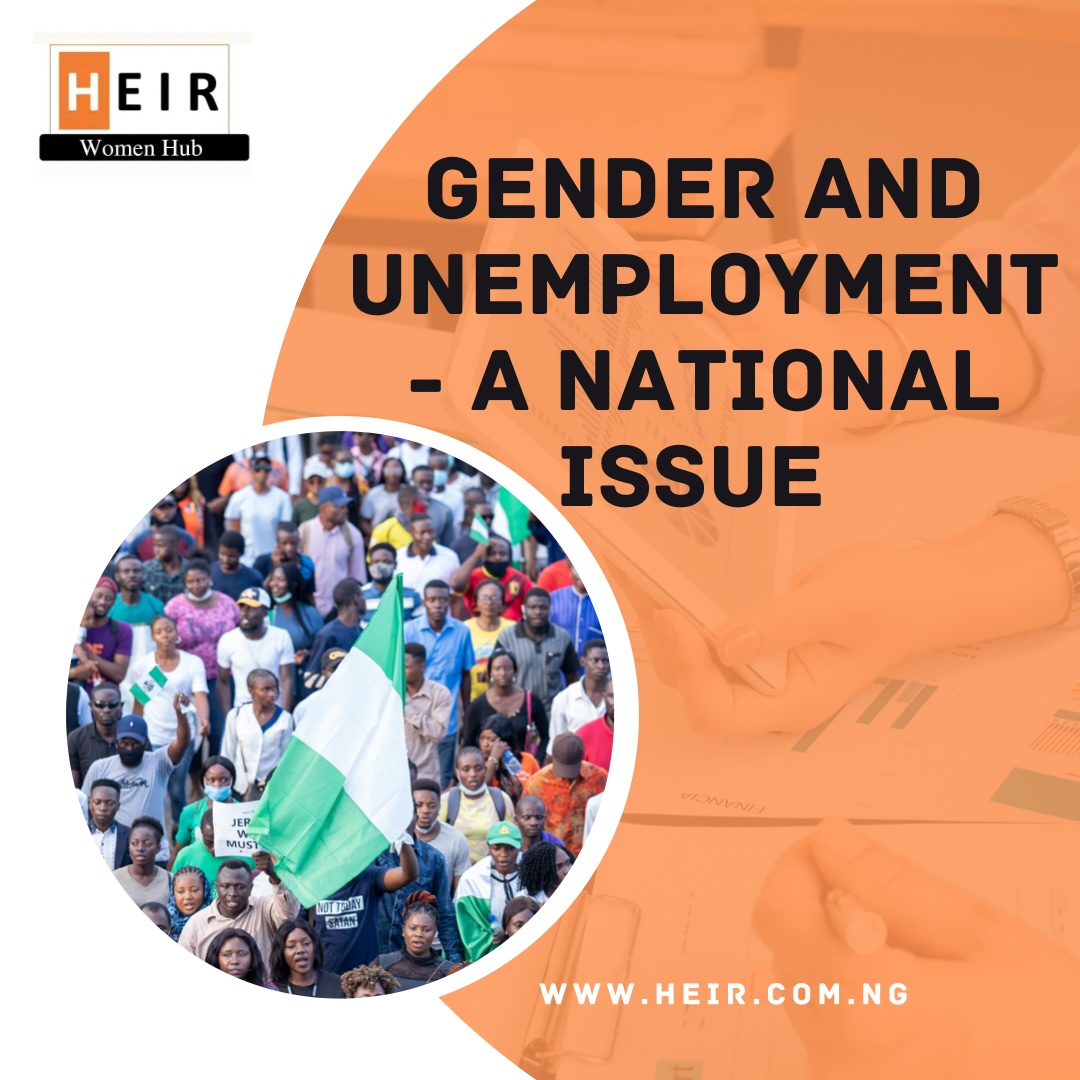
It’s Worker’s Day.
Each year, Nigeria recognises the importance of work and workers in contributing to the Gross Domestic Product (GDP) and National Development. Human Capital is primary ingredient in the building of systems that a country depends and relies on to function and meet its global accountabilities and National commitments.
The institution tasked with producing evidential data that should be considered in navigating the course of Nigeria is the National Bureau of Statistics (NBS). This Organisation produces data that speaks to the impact of intersections such as age, demography, gender in Unemployment and Underemployment, making it accessible for analytical purposes. In the same way, the Office of The Secretary to the Government of the Federation, has under it, the Federal Ministry of Labour and Employment responsible to labour force inclusivity and accountability in Nigeria. While the Minister of State is represented by a woman, Hon. Nkiruka Onyejeocha, who works in the position of representing the Federal Government and the Workers, to implement government policies and foster a working environment that the working population produce and thrive in, Hon. Onyejeocha is the first woman to occupy this position in Nigeria.
Nigerians elected just 43 women out of 763 Senators in the last 25 years (1999-2024) of the federal legislature. This represents a mere 5.6% of women in a male-dominated parliament. The United Nations (UN) has revealed that 22 per cent of decision-making positions are held by women in Nigeria’s private sector. Gender is socially constructed to represent men and women in Nigeria and hence, characteristics, expectations and stereotypic behaviours are thus assigned. This definition includes work and workers. In Nigeria, work is assigned to men and women. The NBS unemployment figures also categorises its data to gender conformity and shows the number of women unemployed compared to that of men.
On Worker’s Day, 2024, NBS shows that unemployment is risen to 5% from 4.2% in the last quarter of 2023. It should be noted as well that women are more unemployed and underemployed than men. While the criteria for this report is shown, it does not take into consideration factors that are caused or determined by social norms, expectations and the construction of gender in the society.
In a survey that was conducted by HEIR Women Hub to determine the prevalence of sexual harassment at workplaces, supported by Ford Foundation, the data showed that young women loose jobs and become unemployed due to sexual harassment of some employers, some women do not have jobs due to the refusal to engage their bodies as a legal tender to access jobs. This is one intersection that requires reportage in a statistical institution in order for a wholistic understanding and approach to resolving unemployment and for this to be done effectively. While NBS received an advocacy visit from HEIR Women Hub, delivering the Infograph report for use in analysing data for unemployment; the report has yet to be effectively utilised to analyse factors that contribute to unemployment.
Workers face diverse range of inequality and inequity, and these can be categorised into institutional barriers, environment and climate issues, economic inequity and exclusion, the job, position and the organisations. We must continue to emphasise that in this space, women face these limitations, discrimination, intimidation and inequality at workplaces.
Gender as a tool, is also a lens required to reflect on data that is generated for a Nation to not only analyse but to also proffer implementable and sustainable solutions.
Añuli Aniebo
